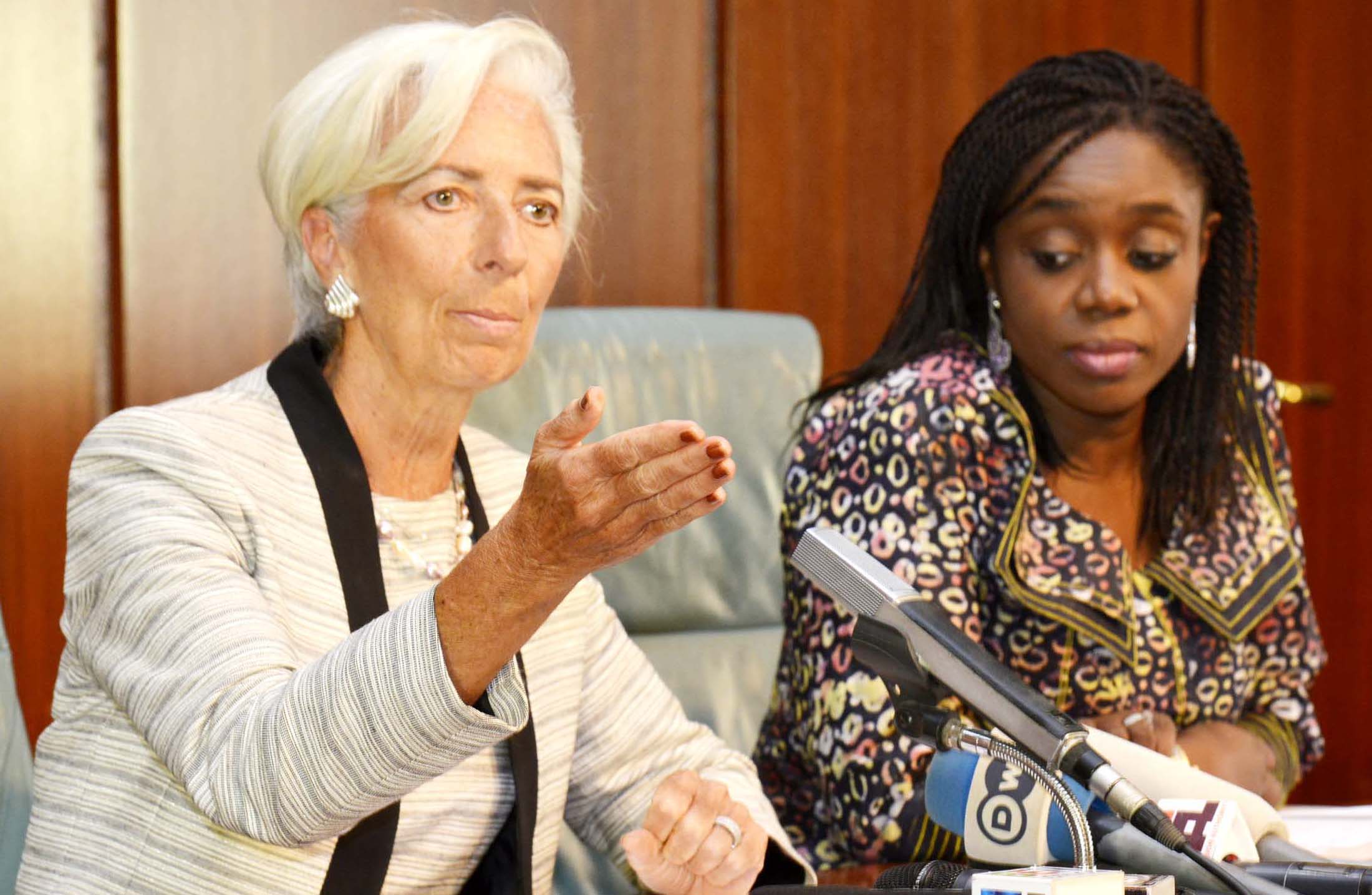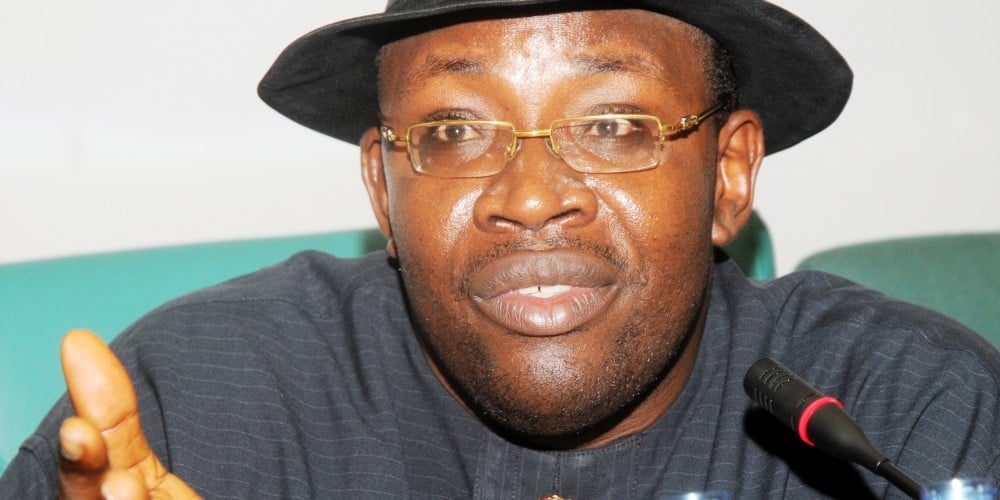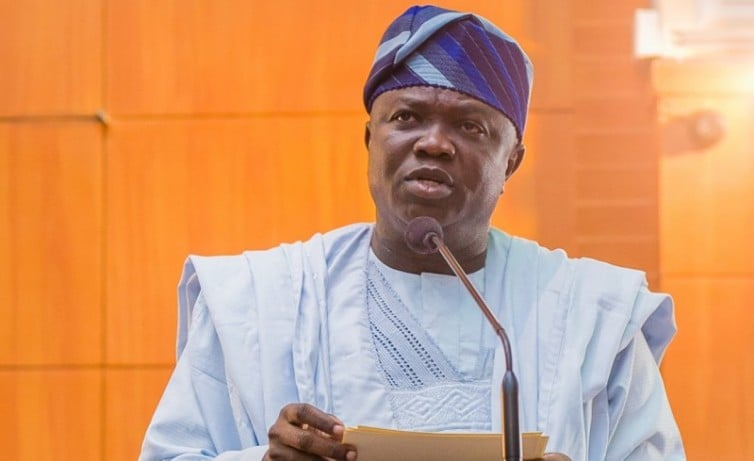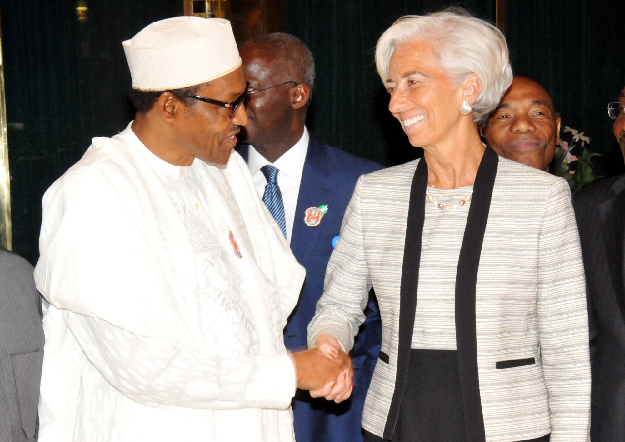After President Muhammadu Buhari appointment Mrs. Kemi Adeosun as Nigeria’s finance minister in 2015, The Economist published an article saying the Minister was poorly qualified for the job. I do not know Mrs. Kemi Adeosun, however, I suspect she would have been saddened by that statement from the famous British Magazine. Well, the best time to reply the Magazine (or rather the newspaper) would be at the end of her tenure, after she must have proven herself. For those who believe in the Minister, do not worry.
That assertion by The Economist should spur her to put in her best on the job. If she performs extremely well in her job, trust me, those Oyibo journalists in London will write another article indirectly apologizing to her. Lest I forget, I think I have what lawyers call ‘locus standi’ on this matter because if someone who ought to know says my country’s finance minister is not qualified, I should be worried.
When I first read the headlines on Nigerian papers, I actually thought the Magazine published an article assessing the Minster. Surprisingly, The Economist made their assertion in one sentence and did not put forward enough reasons to back their claim. For a respected Magazine to make such statement, I suspect it was not only because her job at Ogun State as a commissioner was too small compared to her present job. The Magazine indirectly insinuated this. After all, they said she cleaned up the books in the state. Thus, the Magazine leaves some of us guessing why it made such statement. First, could be that she did not attend one of those schools the Americans refer to as Ivy Leagues? Second, could it be that she might not have worked in the World Bank or the IMF? Third, could it be that she might not have published any hardcore paper in any peer reviewed economics journal? Fourth, could it be that she has not been seen criticizing any government’s economic policy and offering solutions in public? In this article, I will address each and every reason I suspect made The Economist give such damning judgement on the poor lady.
The Minister studied at the University of East London. Not Oxford, Cambridge, MIT or Harvard. Her predecessor schooled at MIT. For those of you do not know much about MIT, the university can boast of 80 Nobel Laureates. Nigeria has only one! In America, it seems Presidents go to such schools to look for their best professors to enter their cabinet. I know the University of East London very well, I lived very close to one its campuses as a student in London. I lived close to Stratford. It is not as posh as Imperial College London or Oxford. If this was one of the reasons the Magazine had in mind when it said she was not qualified, then, I think they were not fair to her.
Advertisement
One of the best finance ministers to come out of this country was Chief Obafemi Awolowo. Though he later studied law, he studied Commerce at the University of London as a distant student. Simply put, he taught himself. Can’t a bright student teach him or herself Economics and Accountancy without going to a university? The Minster even has postgraduate diploma from the University of London. Which University did Chief Gani Fawehimi even go to? Did you forget he studied in London? Holborn College. Have you heard of that name before? Ivy League universities produce quality students and have good academics, but, some other universities also produce good students. By the way, for anyone who had all his or her education in Nigeria, any foreign university is respected. Most of us in Nigeria are very satisfied that she even schooled in Jand (a colloquial way of referring to the UK in Nigeria).
The minister worked in the private sector. She worked in very respectable establishments before entering government, but not in the IMF or World Bank. Now, remember that The Economist referred to President Buhari as a statist leader. Won’t a statist leader prefer a home grown professional? I was even surprised that the President did not appoint one of those professors in Nigerian universities who built their careers by criticizing the IMF and the World Bank. Remember Structural Adjustment Programme (SAP)? No doubt the IMF and the World Bank have very good economists. In fact, these organizations have former finance ministers working for them. Apparently, they were headhunted after they performed very well as finance ministers. Wait a minute.
The Magazine might argue that a person who has worked in the World Bank might have the network to attract required foreign investments. Is this true? Hedge funds and big businesses now have analysts dedicated to studying emerging and developing economies. If you keep your economy in order, they will come to you, you won’t need to chase them or even know them. The World Bank can boast of economists with vast experience on developing economies. But, the truth is this: all things been equal, an economist studying Nigeria from Abuja and relating to the poor people he or she claims to want to bring out of poverty will do better than the one sitting in Washington. Maybe visiting once or twice and going back to Washington where he or she continues with plotting graphs and running computer models. The minister worked as an investment banker in Nigeria. I see her as a homeboy, as it were. Apart from that, it might be more difficult being a counselor in a very small council than being a governor of a state. A former commissioner of finance in Ogun should have enough local knowledge to work as a finance minister.
Advertisement
Is The Economist assessing Mrs. Adeosun based on the amount of technical papers she has written in peer reviewed journals and the number of criticisms she has made? Publishing is good and if the Minister has not been publishing in respected peer reviewed journals (not newspapers) she should start now. Having published articles in peer reviewed journals make you known in your field. Maybe that was why the respected British Magazine did not know much of her economic philosophy. But, I do not think the Minster is looking for a job at the ivory tower after she finishes her present job. Top universities require academics to publish in top journals. I want to believe the minister is a silent achiever. Besides, there are those who criticize government regularly on the pages of the newspaper with skewed arguments. But you know what, these people are very popular. So, madam you should publish.
I believe the assertion by The Economist must have saddened the Minister. I know women could be emotional, though anyone who has been in public service in Nigeria for a while must have developed a thick skin. The good news is that that sentence from the Magazine could be a blessing in disguise. It should make her work very hard and honestly of course. I am sure the Magazine might not expect her to do magic. Nigeria’s economy is in bad shape and we cannot be like South Africa in 4 years. Trust me, if she excels, before she remembers to reply the Magazine, they would have written another article praising her and probably apologizing in a subtle way.
Views expressed by contributors are strictly personal and not of TheCable.
2 comments








Nice writeUp, it’s always good to prove some people wrong & change their thinking. I really enjoyed reading it.
Thank you for this comment. I do not know much about Ms Adeosun and wondered on the reasons for the Economists judgement